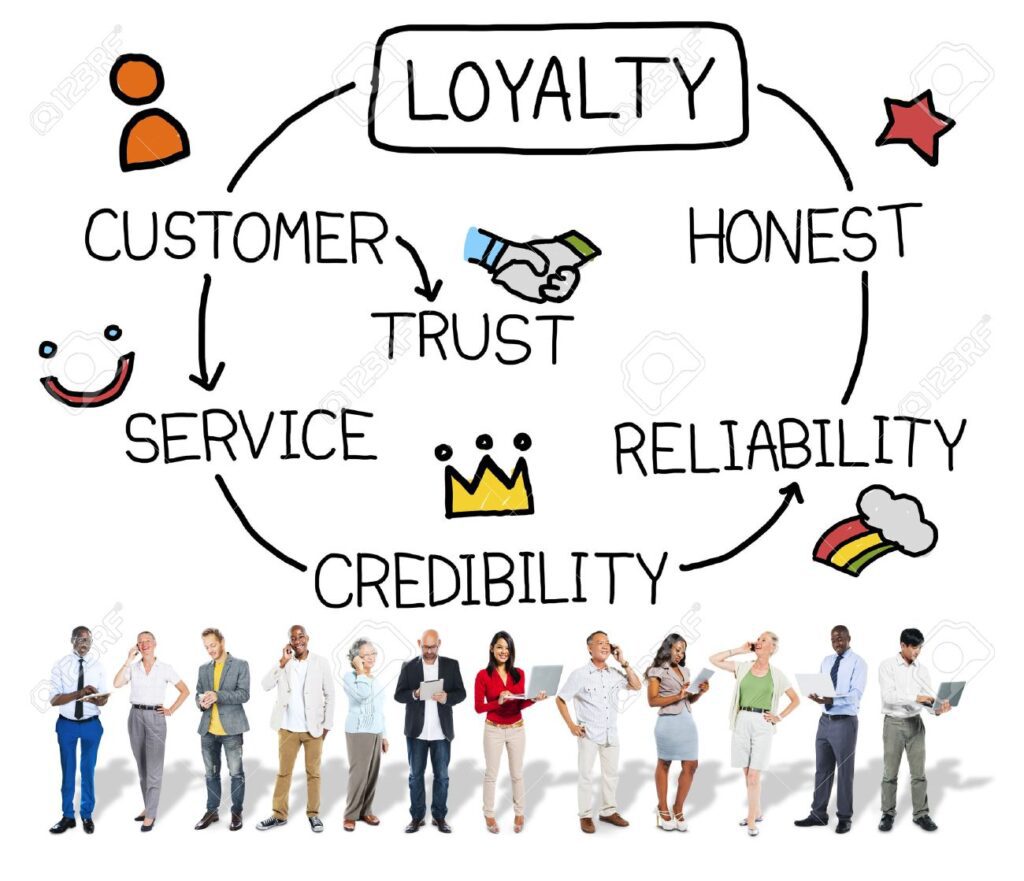8 Key Factors You Must Not Avoid in Third Party Logistics Selection Process.
Table of Contents
Third Party Logistics Selection Process
The business environment today is no more simplistic or restricted in its reach and influence. It is a complex, global and speedily evolving business arena that exists today. The logistics sector is an integral part of all businesses. Hence, the rapidly advancing technologies, emerging world markets, and vastly extended supply chains, all of these factors place the onus of critical decision-making on logistics professionals.
In the global arena of connectivity across borders, the challenges of providing seamless supply chain solutions, across geographical and cultural boundaries, have shot-up exponentially.
It is all about taking the right and the most suitable decision. The overall logistical requirements, vendor choices, and other dynamic variables, make the outsourced Third Party Logistics Services selection a process that risks serious pitfalls, if not supported by the right decision, and if not conducted carefully and correctly.
Selecting the right logistics service provider is not child’s play. It is a tough decision for companies to select the right 3pl service provider. There are no shortcuts in the selection process. The reputation and success of the company depends on the efficiency and reliability of the company’s logistics provider.
There are some considerations that are helpful in narrowing down on the right 3PL service provider. After having collected all requisite data and other preparations, the next step is to know exactly what to look for, when entering into a contract with a third party logistics provider company.
Following are some key considerations to keep in mind while selecting Third Party Logistics Service Provider Company.
1. Company Infrastructure.
Resource and Accessibility of Data is very crucial to efficiency and reliability. In the atmosphere of globalization and availability of new technologies, it is critical that both parties have all the physical resources and accessibility to all shipment data, in order to meet each other’s
The market today is highly personalized. In the customized, one-to-one marketing, supply chain solutions are a tool of providing personalized services. If the two partners, the company and the logistics provider, do not share common capabilities and company resources, a 3PL is unable to provide proper supply chain visibility, and the shipper will then not obtain the necessary capacity and services at the time of delivery of goods.
For instance, if product is sourced from India, it is important that the 3PL provider have its offices in the country/region, to work with company’s suppliers.

third party logistics third party logistics
2. Customer Service
For a good customer experience, it is crucial for the logistics provider to prioritize customer service, responsiveness, fluid lines of communication and effective problem solving. These elements are difficult to ascertain early on. But doing the groundwork and collecting data on the logistics provider, with regard to their customer interaction, is definitely a crucial step in the process of 3PL selection.
Virtual world can be deceptive. In their digital profiles, all companies claim to have excellent customer service. The only way to ascertain these claims is via customer feedback. Track the customer reviews on the logistics provider company and take references, preferably from companies in similar industries, with similar requirement profile. Good customer service is not a coincidence and definitely not an accident. A consistently excellent customer service is a result of a well-documented and repeated process that will continue over the years.
Customer service is the credibility of the logistics provider.
A Logistic Provider with a Great Safety Rating is the one to look for. A good process of execution of a logistics provider results in good safety parameters. A logistics provider with poor results in safety, cannot achieve excellent customer service ratings, or vice versa.
Hence, it is a logical deduction that a safe logistics provider also provides good customer service.

third party logistics
3. Safety Record
The safety regulations are an external factor that are constantly undergoing change. It is crucial that a carrier with a strong safety record is selected. A review of safety ratings and statistics is available to the public. These safety reviews are an important indicator of the safety record of the third party logistics provider. The safety record of the logistics provider must align with the company’s safety requirements.

third party logistics third party logistics
4. IT capabilities.
IT capabilities are an integral component of the company infrastructure. The shipper and 3PL must, at all levels, be equipped to communicating on the operating platforms that they already have in place, whether EDI, XML or the Web. The two companies need to be responsive to each other’s changes in their respective IT structure. Without a good interaction and alignment in their IT structures, the two companies cannot be a good match. This alignment is imperative for a good partnership and efficiency.
A seamless, smooth and efficient supply chain needs a real-time data sharing and an ongoing timely responsiveness. IT compatibility provides global logistics services with transparency and information on shipment documentation, purchase order visibility, cross- docking support, and advanced services, including forecasting, inventory replenishment, and life cycle management. This is essential to providing fast and accurate 3PL response to any IT related requests. Hence, it is important for the company and the logistics provider to be on the same page with regard to IT information and support and interaction.
An RFP is Not a Good Option
An RFP is limiting. RFP limits the company to functional costs. A good 3PL relationship should result in a quantifiable value that is significantly much more dramatic than any RFP can identify. Hence, it is important to choose the 3PL that offers the clearest quantitative value to the company.
5. An internal 3PL Evaluation Team
It is a necessity to institute an internal 3PL Evaluation Team to monitor the supply chain and logistics requirements. This team must include representation from the supply chain/logistics, information technology, sales/marketing, purchasing, and finance departments. This ensures corporate-wide buy-in for the final decision on the selection. It also demonstrates the impact logistics has on the broader business, and provides insight that enhances the monetary value represented in the final agreement.
6. An Enforceable and Mutual Non-Disclosure Agreement
Creating an enforceable and mutual non-disclosure agreement is highly needed before starting formal meetings with the third-party logistics provider candidates. The company’s legal department can draft out the agreement document. This agreement must be executed before initiating the development of a value proposition of any kind. This removes all areas of confusion and establishes a professional equation of clarity.
7. Payment history & financial stability
The 3PL partner suddenly falling apart is one of the most devastating challenges any company faces. Hence, it is imperative to find a partner that has proven their financial stability. This ensures that the longevity of operations is maintained, and it also safeguards the company’s operations from being brought to a catastrophic halt over another company’s mismanagement.
While evaluating the top logistics candidates, it is necessary to list partners of the 3PL candidates, and enquire about the partner’s history with the provider. Payment records, Disagreements if any, or lack of follow through from the company, all these are necessary information to collect and consider.
A logistics provider’s interaction with their partner companies is a good indication of the interaction that the logistics provider will have with the company and how they will handle the business commitments. Talking to their partner companies can provide a clearer picture, as opposed to gathering information from the provider’s hand-picked list of references.
8. Impact on Sales Exhibited In Logistics Processes
Third partyLogistics projects are actually marketing projects. It has an impact on sales. Hence, when evaluating the true quantitative value proposition of partnering with a 3PL, a note must be made on the impact on sales. Attaining the lowest costs determined from a traditional RFP often leads to customer service problems, resulting in a negative impact on sales.




